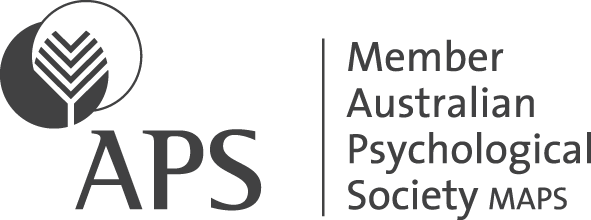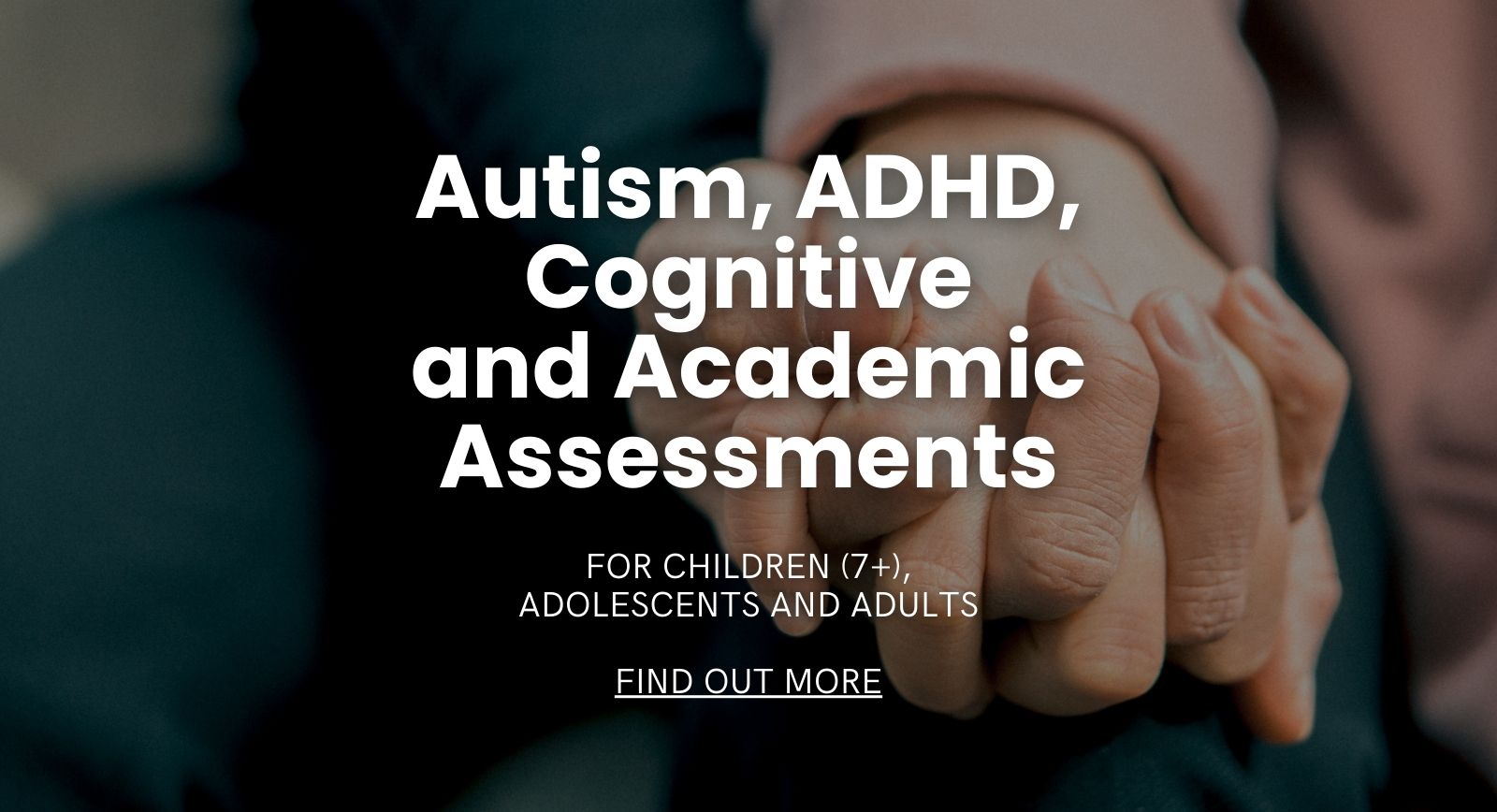
Hilary Sargeant
Clinical Psychologist
BAppPsych (Hons), MClinPsych, MAPS

Key Areas of Interest
- Women’s Health Issues including Endometriosis, Pelvic Pain, Painful Sex, and Infertility
- Coping in the Perinatal Period (Pre- and Post-natal Anxiety, Depression and Adjustment)
- Managing Menopause
- Cancer Support – Patient and/or Carer
- Adjustment to Illness
- Grief and Loss
- Weight Management (non-diet approach)
- Coping as a Couple
Therapeutic Framework/Strategies
- Cognitive Behavioural Therapy (CBT)
- Acceptance and Commitment Therapy (ACT)
- Mindfulness-based Therapies
- Psychoeducation
- Supportive Psychotherapy
About Hilary
Hilary is a Clinical Psychologist who has worked as a Psychologist for over 15 years. She is an Approved Supervisor with the Psychology Board of Australia. Hilary joined Northside Psychology in 2016 after taking a few years out of paid work to be with her then young children. Prior to moving to Canberra, Hilary worked for over 10 years as a Psychologist with the Cancer Council Queensland. Hilary remains dedicated to assisting those coping with and/or recovering from cancer and other health challenges. She supports people with adjusting to illness, depression, anxiety, relationship difficulties, existential issues, end-of-life issues, and grief and loss.
Hilary is also interested in women’s health issues through the lifespan, such as psychological wellbeing during the perinatal period (including postnatal depression and adjustment), infertility, sexual difficulties including pain and managing menopause. Hilary’s Master’s degree included research investigating the impact of vulval pain on quality of life and psychosocial wellbeing. Hilary was awarded a University Medal from the University of Canberra for her undergraduate studies.
How Hilary might support you
Hilary enjoys helping individuals find their own unique ways of coping, even in difficult circumstances. She works with adults and couples, drawing largely from a cognitive behavioural perspective, helping people find new ways to manage thoughts, feelings and behaviours. She employs a range of other tools including mindfulness-based strategies, working with clients to discover what coping strategies will work best for them.

